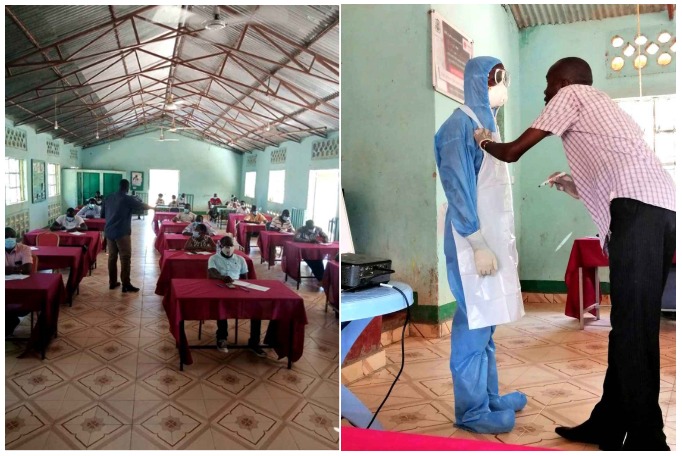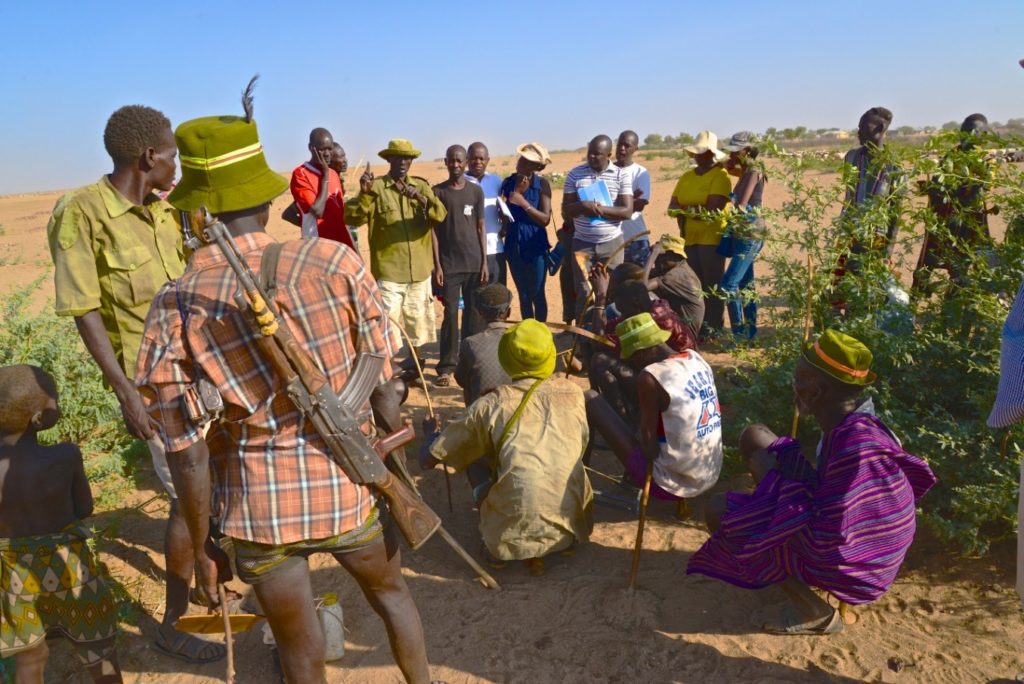
Shalom Center for Conflict Resolution and Reconciliation (SCCRR) is an inter-religious peacebuilding non-governmental organisation that works in Africa. Specifically, the eastern Africa member countries of Intergovernmental Authority on Development (IGAD). Its vision is a society where peace, social justice and reconciliation prevail throughout Africa. Its mission is to work for a society free of physical violence and unjust social structures in Africa. Its main objective is to attain conflict resolution for all people in Africa through empowering local communities engaged in inter-ethnic conflict, and/or wherein religious ideological extremism is espoused, to be architects of their own interdependent future of reconciled co-existence.
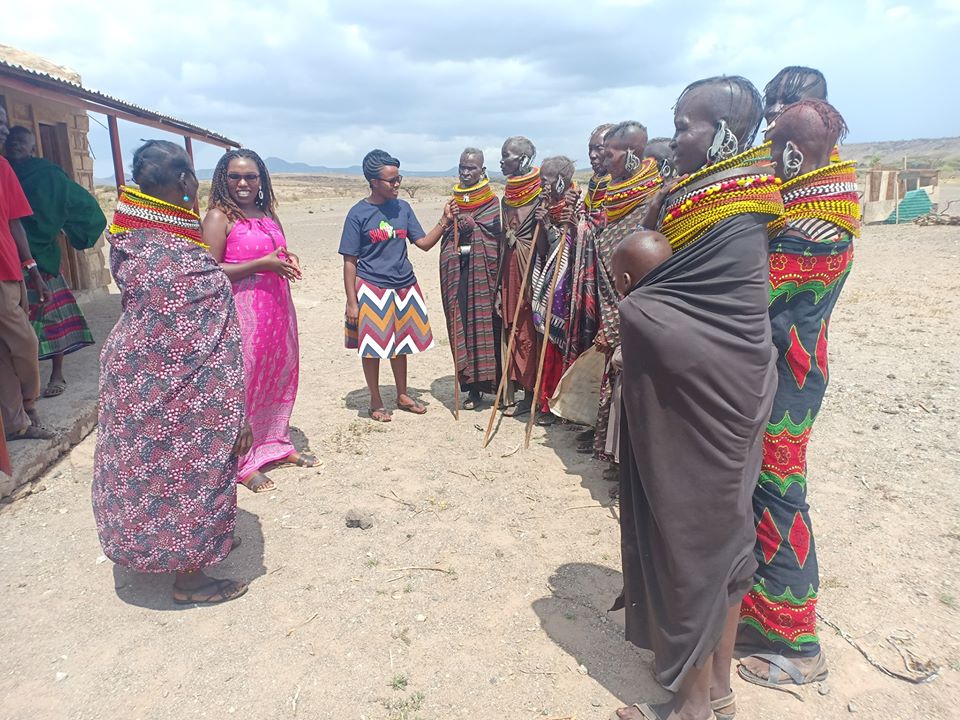
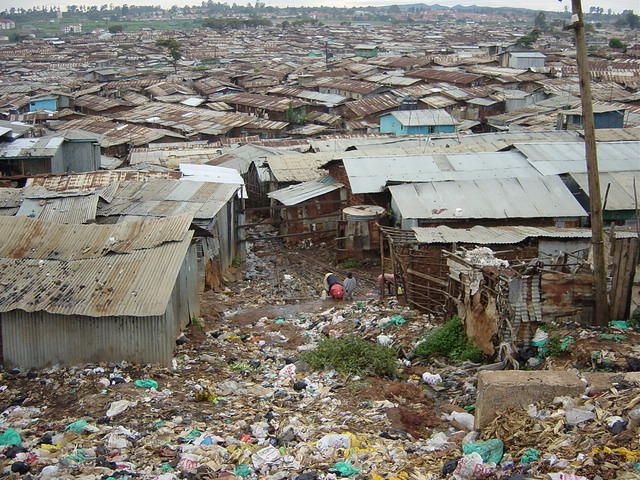
Shalom’s inter-faith staff not only have postgraduate qualifications that befit the theoretical and practical demands of peacebuilding but also possess practised skills in building trust between antagonistic neighbouring communities and attenuating religious ideological extremism. Shalom’s vision, mission, and objectives are legitimated by the sacredness and dignity of all human life, human rights, environmental security, and an appreciation for ethnic and religious diversity. Shalom-SCCRR’s peacebuilding work in 2019 comprised a set of structured and functionally inter-related initiatives and activities within the purview of inter-ethnic conflict along with a need to attenuate/obviate religious extremism. The initiatives/activities were as follows:
- Equipping purposively selected locals with analytical skills and peacebuilding techniques for use in conflict problem solving and reconciliation workshops.
- Generation of sound knowledge of why/how there is inter-ethnic conflict through empirical research on which to base peacebuilding initiatives/activities, and which also lends itself to informing government/IGAD policy practices in the context of localised inter-ethnic/inter-communal conflict occurrences.
- Augmenting the conflict transformation role capacities of religious organisations, civic organisations, and non-governmental organisations.
- Training local government administration and security personnel in conflict analysis and procedural peacebuilding approaches to settle and resolve conflicts.
- Constructing and equipping inter-ethnic and inter-religious schools and institutions with requisite facilities for the purpose of countering, among other things, distrust of ethnic other as well as harbouring or tending to perceive hostile intentions in the behaviour of ethnic other, thereby fostering inter-ethnic/inter-communal peaceful co-existence.
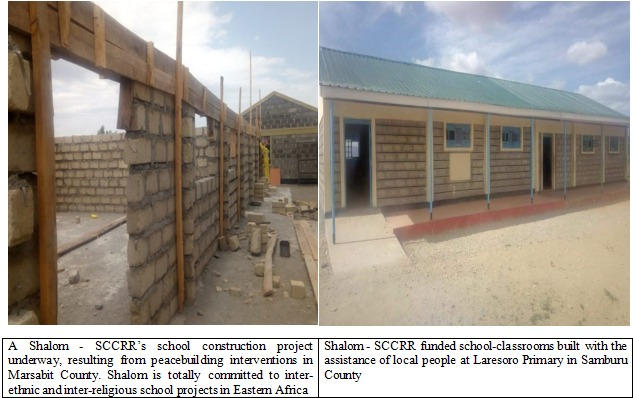
Specific humanitarian-peace-development outputs – January through December 2019 – were as given below.
- 106 conflict transformation and peacebuilding workshops were completed
- 2,853 women and men from Kenya, Ethiopia and South Sudan were equipped with conflict transformation and peacebuilding techniques.
- 219 community facilitators were trained to support community peace forums in 28 project areas.
- 19 peace and conflict monitors were trained and currently support peace and conflict monitoring systems in project areas.
- 80 insertion conversations were conducted in grassroot communities for activating effective conflict transformation
- 27 conflict negotiation and mediation forums were conducted
- 64 school/educational development projects benefiting 11,641 boys and girls were completed.
- 1 teacher training college in South Sudan was supported with solar lighting system
- Peace education support was offered to peace clubs in 29 schools located in conflict environments in Kenya.
- 560 pupils and students were empowered to become peace agents through peace education programs.
- 12,687 pupils and students benefited from Shalom peace education syllabus
- 30 school Shalom-SCCRR peace club patrons were trained in conflict transformation and administrative skills.
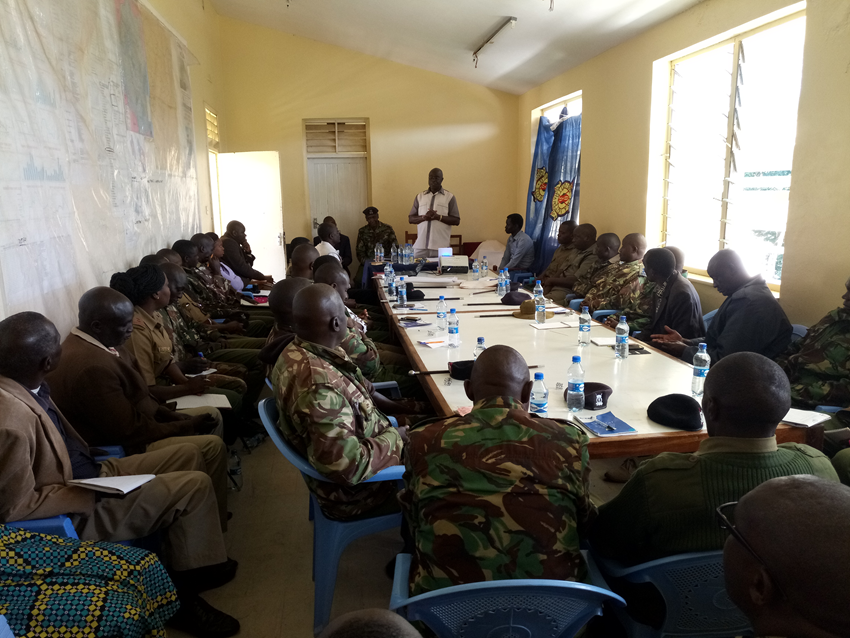
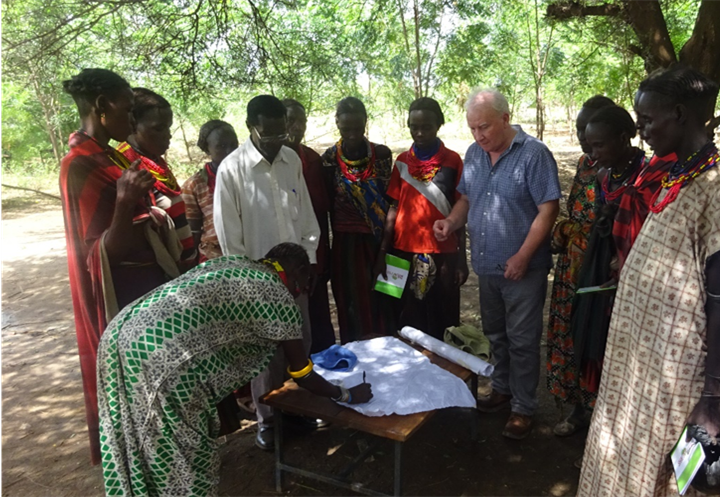
At the heart of the Shalom-SCCRR specialised modus operandi are collaboration, empowering of local communities in conflict to be analysers, owners and architects of their own inter-dependent future of peaceful co-existence. Shalom-SCCRR invariably uses bottom-up approach which contrasts with diagnostic solutions prescribed from top down. Shalom-SCCRR puts strong emphasis on efficiency, effectiveness, and delivery of value for money in all of its activities. Shalom-SCCRR is grateful indeed to all its donors, partners, and stakeholders who continue to support its peacebuilding effort in Africa.
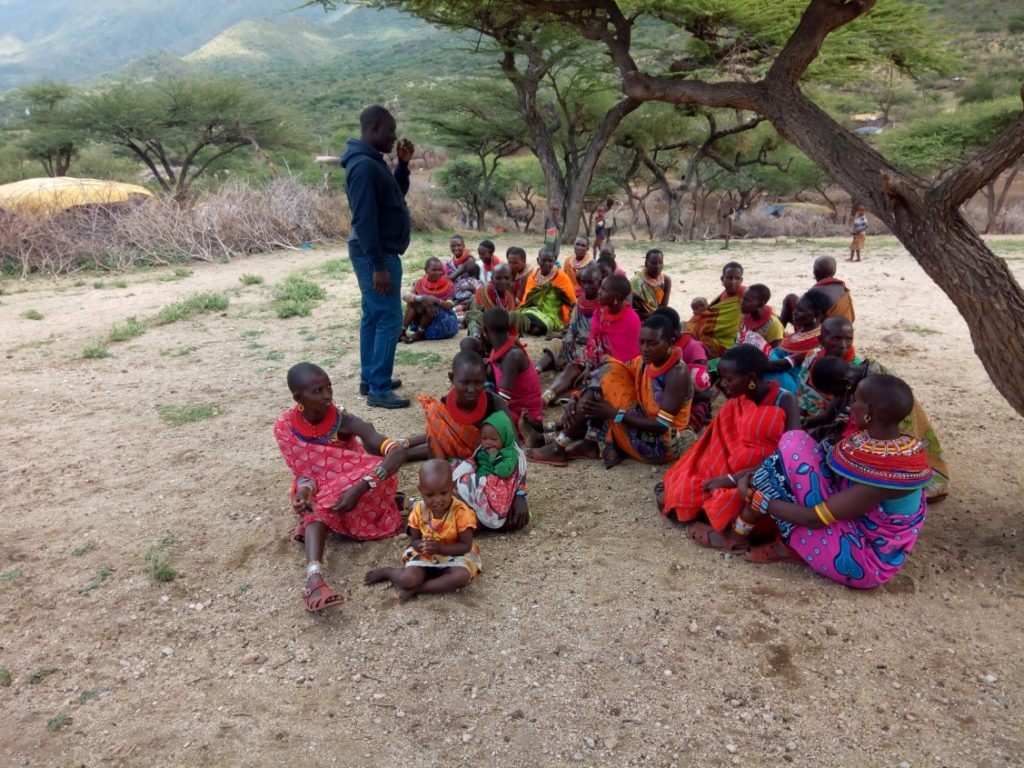
Personally, as an academic and peace practitioner, having devoted my career to social transformation and integral human development in Africa, Shalom-SCCRR is unique in its modus operandi. It is no surprise to me that its distinctive approach has attracted the attention of the some of the highest academic institutions worldwide as well as the interest of authentic qualified social transformation practitioners working in conflict, underdeveloped and marginalised environments in Africa and beyond. The remarkable achievements of its mission implementation are directly related to its management and international corporate stewardship. The vision, field experience, resilience and progressive leadership of Shalom-SCCRR’S international chairman, Rev. Dr Patrick Devine, are truly inspirational, evidenced in peace and development results, productive team work, growing international interest from scholars and policy makers, among other positive life changing dynamics.
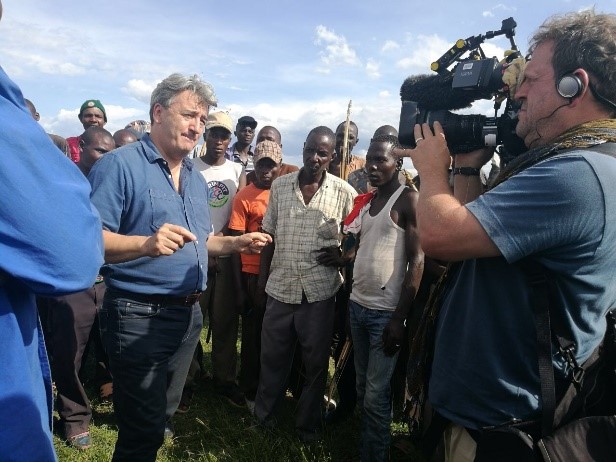
Fergal Keane (left), the legendary BBC international affairs correspondent and Africa Editor, when internationally reporting on the conflict transformation and peacebuilding work of Shalom-SCCRR in eastern Africa, said, that
“What they do here matters to all of Africa.”
I couldn’t agree more. It is indispensable that personnel and organizations involved in peace and development work (or planning to do so) are up to performing what the effort calls for as well as being authentic in their commitments. Their motivations and interventions should neither get short-changed by parasitic inclinations and/or abuse of the interventions to the disadvantages of African people. Shalom-SCCRR esteems itself on the pledge of its personnel to the letter of the organizational vision, mission and values. Shalom in 2020 continues to deliver while expanding its efforts to counter the spread of Covid-19, particularly in remote poverty stricken rural locations and urban slum settlements. The human and environmental security of Africa is an imperative for the peace, protection and progress of human dignity throughout the whole world.
